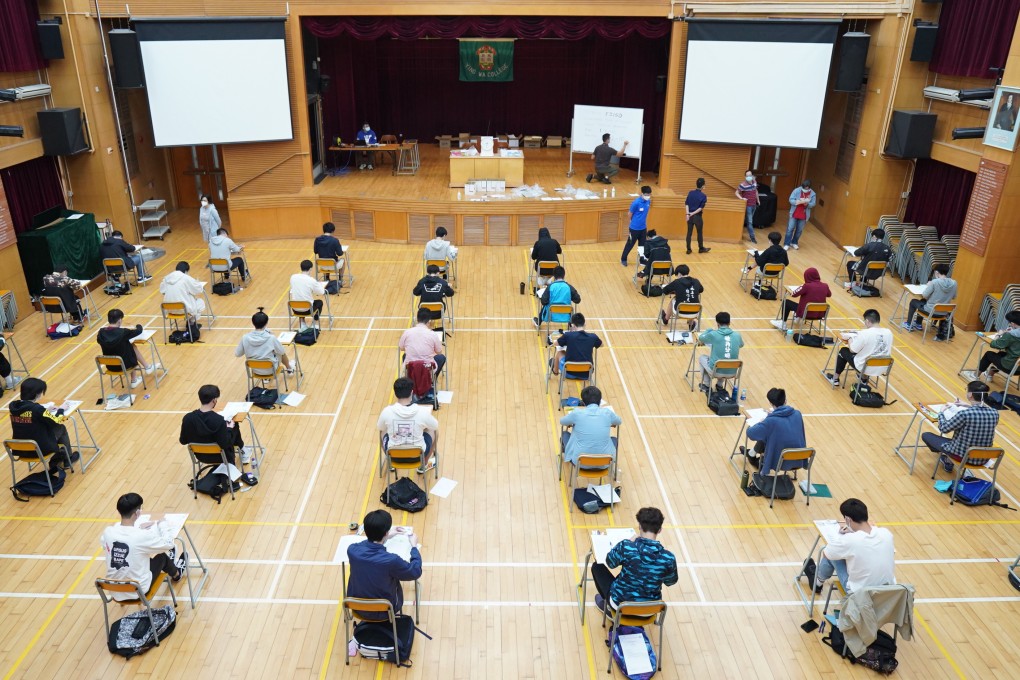Letters | Thanks to supply and demand, this year’s DSE cohort may be one of the luckiest yet
- Universities will be competing for fewer DSE candidates this year even as the study subsidy scheme and sub-degree programmes offer plenty of options

It’s about that time of the year when Diploma of Secondary Education students start worrying about their results. But the students this year must know they are probably the luckiest cohort because they have a lot more to choose from.
A few years ago, you might have to struggle a little with only 14 points, but not this year.
It’s all about supply and demand.
Meanwhile, the supply of post-DSE options has increased. Earlier this year, the Legislative Council approved the University Grants Committee’s funding application to maintain roughly the same number of undergraduate places (15,000) over the next three years. But while the supply of government-funded places at the eight universities remains the status quo, overall, students actually have more choices. The Study Subsidy Scheme for Designated Professions/Sectors will subsidise 3,075 places in 44 undergraduate programmes of eight private postsecondary institutions for the cohort to be admitted in the 2022/23 academic year. Compared to the 1,000 places when the scheme was launched in 2015/16, the supply of places has tripled.